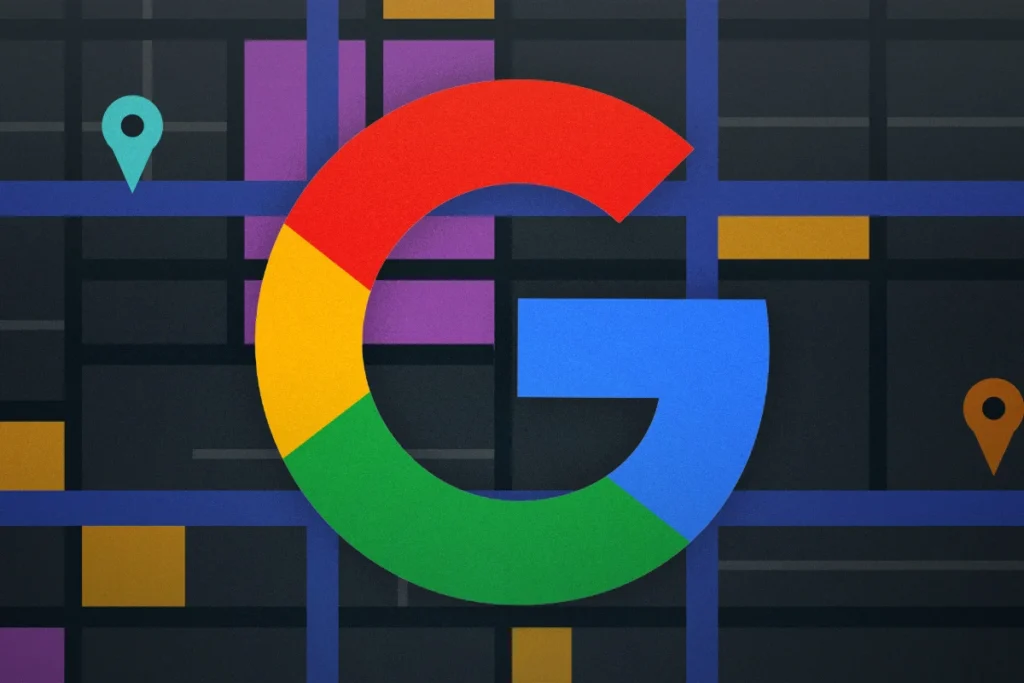Google faced a tumultuous Memorial Day weekend as it dealt with backlash from several erroneous suggestions by its new AI Overview feature in Search. This generative AI tool, designed to provide accurate search responses, made bizarre claims, such as using nontoxic glue to prevent cheese from sliding off pizza, suggesting the consumption of one rock per day, and inaccurately stating Barack Obama was the first Muslim president.

Company Response and Credibility at Stake
In response, Google promptly removed the misleading answers, stating that these errors will help improve its systems. However, this follows a series of AI-related mishaps, including the launch of its Gemini image generator that created historically inaccurate images. Such incidents are jeopardizing Google’s credibility as a reliable source of information.
“Google is supposed to be the premier source of information on the internet,” said Chinmay Hegde, associate professor at NYU’s Tandon School of Engineering. “If that product is watered down, it will slowly erode our trust in Google.”
History of AI Issues
Google’s generative AI journey has been rocky. The Bard chatbot, rebranded as Gemini, displayed an error in a promo video in February 2023, causing Google’s shares to drop. More recently, the Gemini image generator produced inaccurate images of diverse groups, leading to its temporary removal and public apology.
The AI Overview errors arose from users posing uncommon questions, with one erroneous answer tracing back to a geology website syndicating an Onion article. Despite these explanations, repeated product flaws are wearing thin.
“At some point, you have to stand by the product that you roll out,” stated Derek Leben, professor of business ethics at Carnegie Mellon University. Trust in Google’s products is diminishing due to these continual errors.
Competitive Pressure
The rapid release of these flawed AI products is driven by intense competition from Microsoft (MSFT) and OpenAI. Google is striving to keep pace, leading to hasty product launches. This urgency stems from Microsoft and OpenAI’s collaborative launch of a generative AI-powered Bing search engine and chatbot, which has pressured Google to expedite its AI developments.
While attempting to outpace competitors, Google risks damaging user trust in its AI offerings if errors persist, potentially undermining its standing in the AI race.
©2024 Reuters










